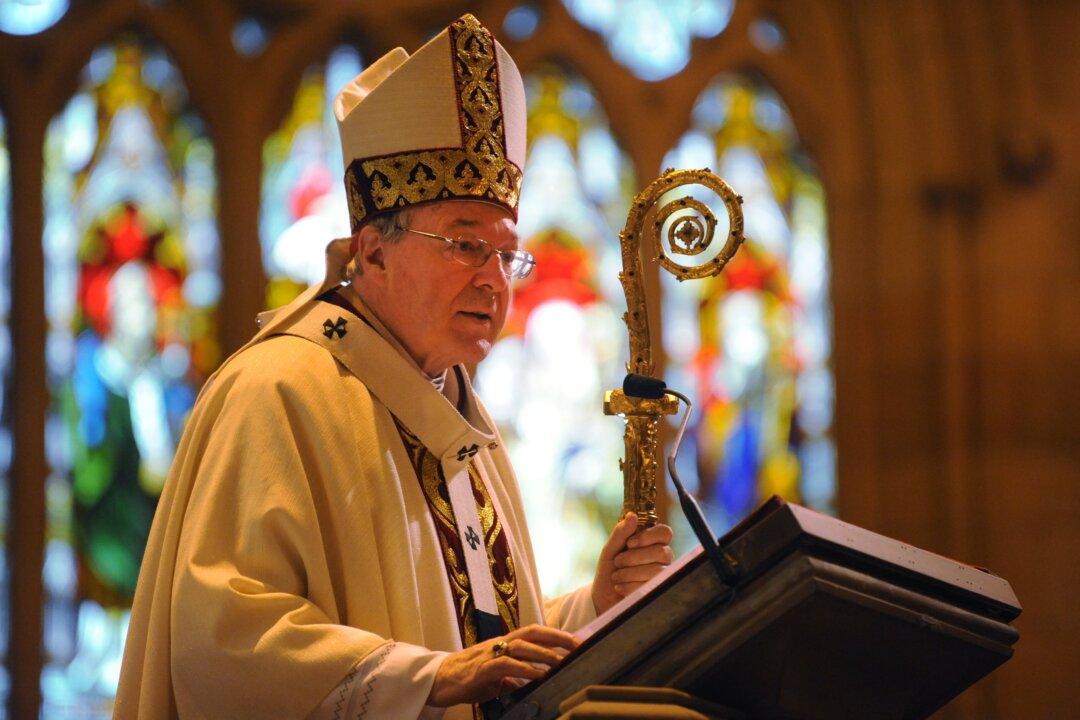Commentary
Cardinal George Pell was a paradoxical figure. His life and work will give ammunition to those who admired him and those who hated him, as we see in the conflicting articles about him in the media.

Cardinal George Pell was a paradoxical figure. His life and work will give ammunition to those who admired him and those who hated him, as we see in the conflicting articles about him in the media.